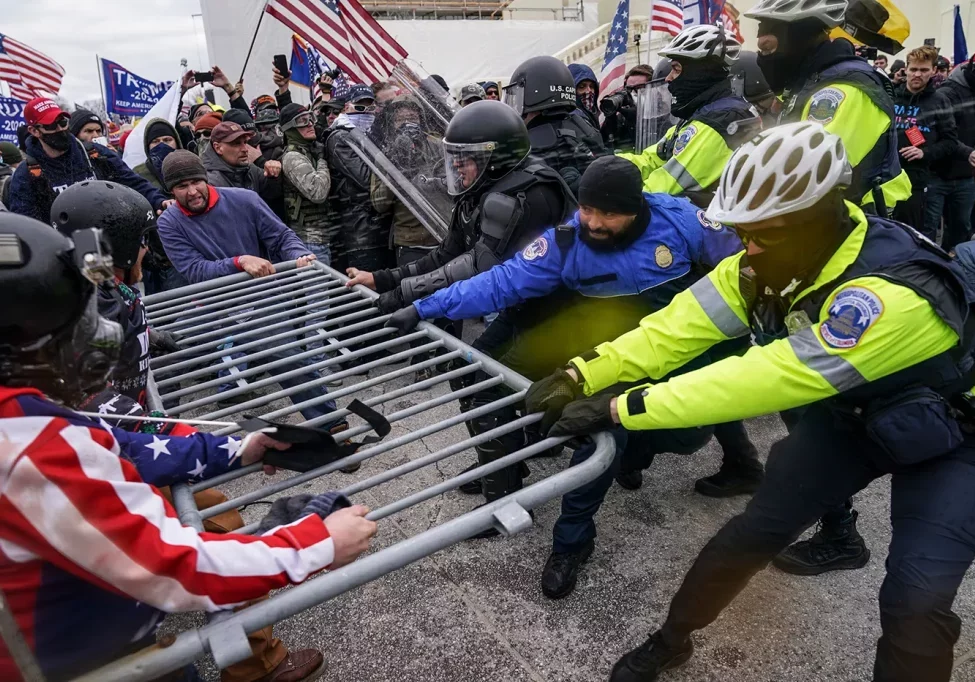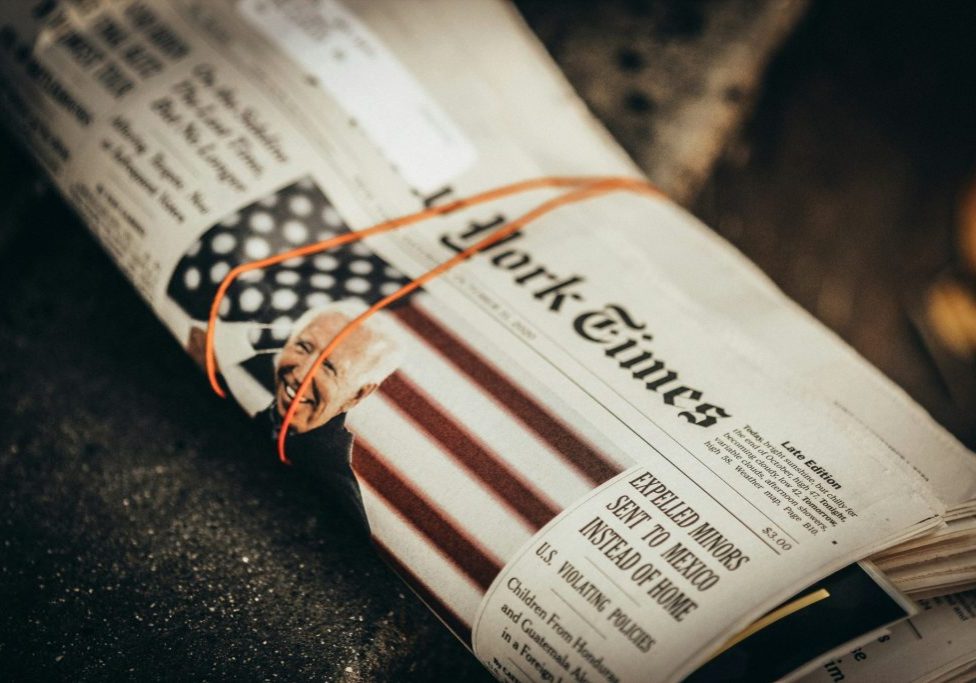Understanding how platforms, law, and ethics shape democracy
We need new ways of understanding the policies that technology platforms have in place, how they are interpreted, and the commercial, political, and legal considerations that shape internal decision-making. This research stream provides important context for understanding the role of social media regulation of speech regulation in our democracy.
Featured Work
Platforms & Politics
CITAP Digital Politics analyzes platform governance in light of current and ongoing threats to the democratic process. We offer a series of reports that provide important context for understanding how social media companies navigate crises, what they can potentially do to preclude them in the future, and how they can strengthen democracy in the United States and around the world.
Legal & Regulatory
Both federal and state laws can directly target the content of election-related speech. Although the federal government has largely stayed out of regulating the content of election-related speech, the states have been surprisingly active in passing laws that prohibit false statements associated with elections.
First Amendment limits on state laws targeting election misinformation
Hosted by the UNC Center for Media Law and Policy, David Ardia, Amanda Reid, and Evan Ringel led a discussion about their recent article titled "First Amendment Limits on State Laws Targeting Election Misinformation." The article reviews more than 125 state statutes to conclude that election misinformation regulation varies widely in the types of speech they target and the level of fault they require, with many statutes suffering from serious constitutional deficiencies.

Daniel Kreiss
Principal Researcher, CITAP
Cato Distinguished Associate Professor
UNC Hussman School of Journalism and Media
dkreiss@email.unc.edu
Kreiss’s research explores the impact of technological change on the public sphere and political practice. In his most recent book, In Taking Our Country Back: The Crafting of Networked Politics from Howard Dean to Barack Obama (Oxford University Press, 2012), Kreiss presents the history of new media and Democratic Party political campaigning over the last decade. Kreiss is an affiliated fellow of the Information Society Project at Yale Law School and received a PhD in Communication from Stanford University.

Bridget Barrett
bridget4@live.unc.edu
Bridget Barrett is a Ph.D. student and Roy H. Park Fellow in the Hussman School of Journalism and Media and studies new media in political advertising. Bridget is interested in the intersection of digital marketing and politics, like how technologies developed for the commercial advertising industry impact political messaging online.

Tori Ekstrand
CITAP Faculty Affiliate
Associate Professor, UNC Hussman School of Journalism and Media
torismit@email.unc.edu
Victoria “Tori” Smith Ekstrand is an Associate Professor at the UNC Hussman School of Journalism and Media and is currently serving a three-year term at the UNC Graduate School as the Royster Distinguished Professor for Graduate Education. Her research has focused on critical and interdisciplinary perspectives in media law and free expression, with research on anonymous speech, campus free expression debates, the trademarking of social movement hashtags, online accessibility issues for people with disabilities, and problems with regulating online political advertising.

Amanda Reid
CITAP Faculty Affiliate
Associate Professor, UNC Hussman School of Journalism and Media
areid@unc.edu
Amanda Reid is an Associate Professor in the UNC Hussman School of Journalism and Media, an adjunct professor at the UNC School of Law, and Faculty Co-Director of the UNC Center for Media Law and Policy. Her interdisciplinary legal scholarship analyzes meaning-making, including how we make, create, and interpret cultural artifacts around us. She graduated with high honors from the University of Florida Levin College of Law, and she earned a Ph.D. from the University of Florida College of Journalism and Communications.

Evan Ringel
Research Lead: Regulation of Election-Related Speech
PhD Candidate, Hussman School of Journalism and Media
evanr3@live.unc.edu
Evan Ringel is a Ph.D. Park fellow at the Hussman School of Journalism and Media at UNC-Chapel Hill. He holds a J.D. from the University of North Carolina School of Law and an M.A. from Hussman. Evan’s research focuses on the intersection between the First Amendment, civil rights, and government regulation, especially at the state and local level.

David Ardia
CITAP Faculty Affiliate
Reef C. Ivey II Excellence Fund Term Professor of Law, Co-Director of the Center for Media Law and Policy, and Associate Professor of Law
ardia@email.unc.edu
David Ardia is an Associate Professor of Law at the UNC School of Law and serves as the faculty co-director of the UNC Center for Media Law and Policy. He also holds a secondary appointment as an Assistant professor at the UNC Hussman School of Journalism and Media. Before joining the UNC faculty, he was a fellow at the Berkman Klein Center for Internet and Society at Harvard University, where he founded and directed the Berkman Center’s Digital Media Law Project.

Erik Brooks
PhD Student, UNC Hussman School of Journalism and Media
ejbrooks@live.unc.edu






